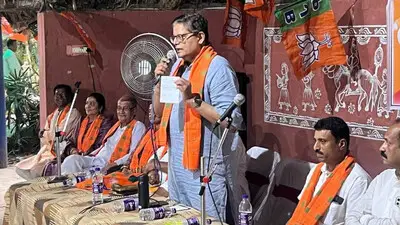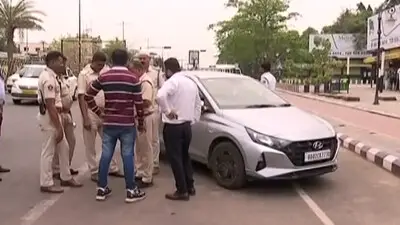Recommended Stories
Official sources said the proposal to provide financial, legal and other help to the Muslim youths, who were put in long detention on the suspicion of being a terrorist but later found to be innocent, was being considered as a relief to the victims as well as their families.
"The Government of India will do whatever possible for rehabilitation of the youth and for the relief of their families," a source said.
If the proposal comes through, the relief will be given only to those youth who are found to be innocent and "wrongly" incarcerated for long periods.
These youths were arrested by the security agencies in connection with the Malegaon, Mecca Masjid, Ajmer Dargah and Samjhauta Express blasts cases. However, many of them were already out on bail. The total number of such youths could be around 50.
The security agencies initially blamed Harkat-ul-Jihad- al-Islami (HuJI), Lashkar-e-Toiba (LeT) and Students Islamic Movement of India (SIMI).
However, investigations by various security agencies, including National Investigation Agency, have pointed the needle of suspicion towards right wing organisations like Abhinav Bharat.
Security agencies have claimed that the jailed right wing leader Swami Aseemanand, prime accused in Mecca Masjid blast case, has confessed that he and several of his accomplices had a direct role in Malegaon, Samjhauta Express, Ajmer and Mecca blasts.
Aseemanand gave a detailed description of the involvement of the activists and self-styled spiritual leaders in several terror attacks across the country during the last three years in his confessional statement given to a Special CBI court, the security agencies said.
After each such blast, several Muslim youths were arrested on suspicion of being a terrorist. They were kept in detention for long for questioning, even though no charges could be framed against them.
In some cases, the release of such youths took months and years, leaving them traumatised and agitated.












